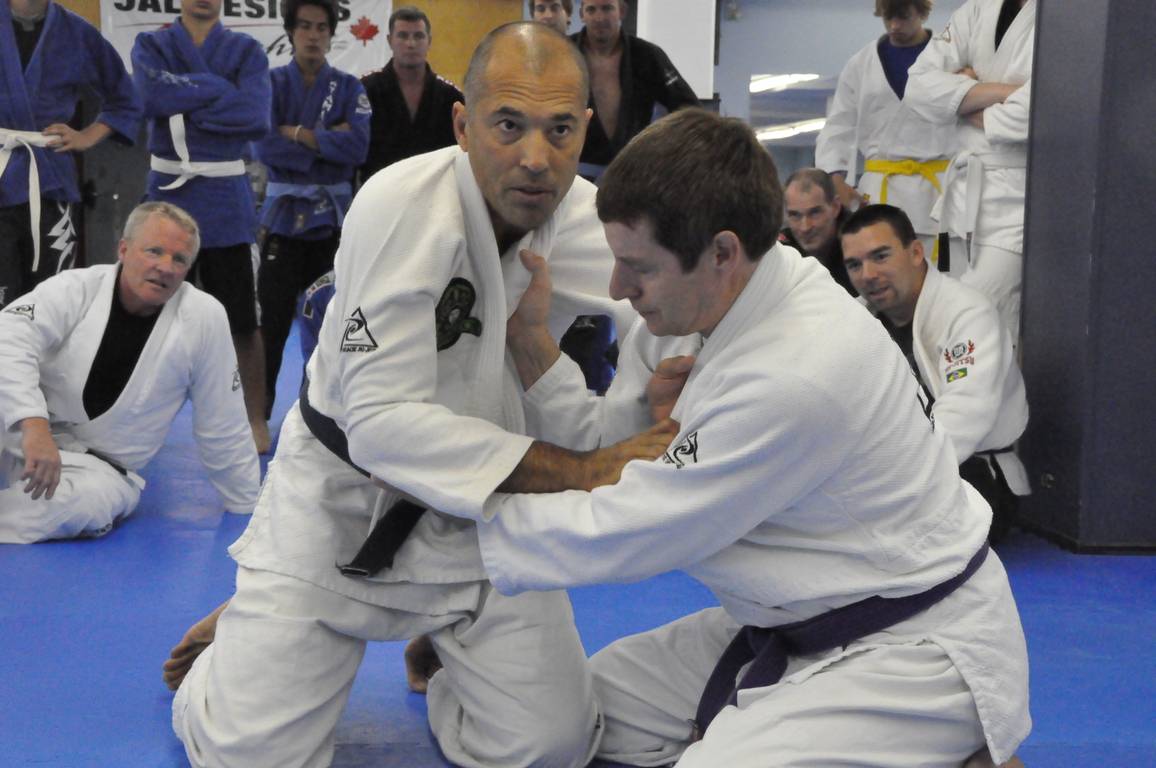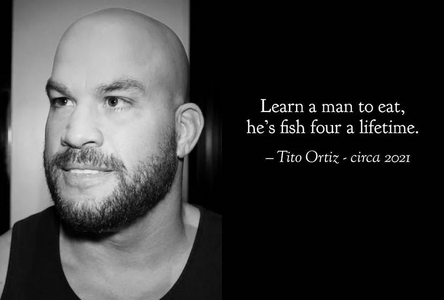That makes more sense then. It's only an issue for instructors competing or with competitors in IBJJF.
They won't recognise someone as a black belt if the coach isn't 2nd degree. So athletes would get stuck in belt purgatory. People used to get around it with BJJ globetrotters and different affiliations.
If you aren't competing in Gi jj it's a non issue for you. It might cause issues for your students, but who cares to be honest and I am sure you could just work around it with your own coach who might be registered.
Usual deal is, a 2nd dan will vouch for your belt promotions, and you promote through him, till you reach 2nd dan.
IBJJF is big only in USA.
In Brazil, CBJJ makes most of the big events.
In Japan, a local BB started Dumau events, some 20 years ago, and is constantly organising something like 20 events annually and is closely working with SJJIF.
IBJJF holds just a few events per year.
Nationals are organised by JBJJF.
No IBJJF registration required.
EU has plenty of BBs, but considering the VERY low numbers of IBJJF registered athletes, they indeed allow non-registered athletes to compete in the few events they do every year.
At the same time, every week there are at least 10 Jiujitsu events in EU, ran by local organisers.
Mexico is similar to EU.
As a matter of fact, for the 2 years I lived in Mexico, I didnt witness even 1 IBJJF event.
So yeah, we are fine without IBJJF certificates.





